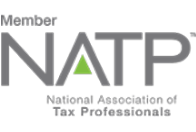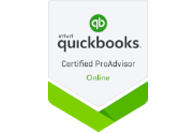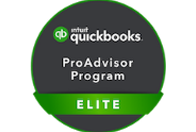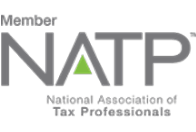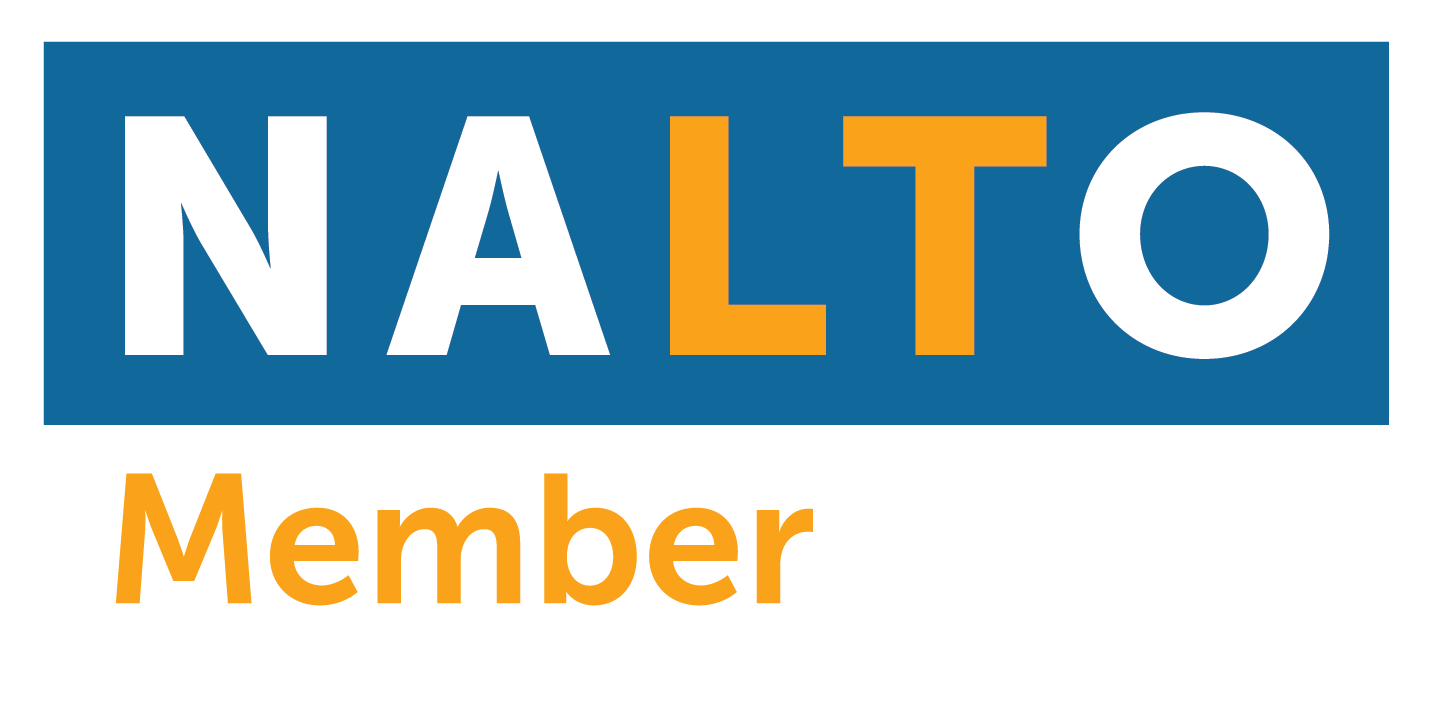Do you wonder if you need to file an Internal Revenue Service (IRS) Form 1040? Here is an overview of what you need to know about this income tax return form.
What is IRS Form 1040?
The IRS Form 1040 is the standard form used by U.S. individuals to file their annual income tax returns with the Internal Revenue Service (IRS).
This form basically requires your personal information, computes for your taxable income for the year, and figures the amount of tax you’ll owe after considering tax credits and payments.
Who Needs to File?
Depending on your age and filing status, you may have to use a 1040 form if you meet the income threshold for the specific tax year. Below are the filing thresholds for the tax year 2023 (for filing in 2024).
2023 Filing Threshold for Taxpayers Under Age 65
| Filing Status | Gross Income is at least |
| Single | $13,850 |
| Married Filing Jointly and Qualifying Surviving Spouse | 27,700 |
| Head of Household | 20,800 |
2023 Filing Threshold for Taxpayers Aged 65 and Older
| Filing Status | Gross Income is at least |
| Single | $15,700 |
| Married Filing Jointly (One spouse is 65 or older) | 29,200 |
| Married Filing Jointly (Both spouses are 65 or older) | 30,700 |
| Qualifying Surviving Spouse | 29,200 |
| Head of Household | 22,650 |
Married filing separately, regardless of age, must file a 1040 form if their gross income exceeds $5.
Other Factors that Determine if One Needs to File a Return
Those who earn income below the IRS threshold may not be required to file a Form 1040. However, there are other situations where you will still want to file an annual return even if you are below the income threshold.
Self-employment Status. Self-employed individuals must file an annual return and pay quarterly estimated taxes if their net earnings reach at least $400.
Status as a Dependent. Even if other taxpayers claimed you as their dependent, you may still have to file a tax return if you reached the specified threshold for your earned and unearned income.
Claim for Refund and Tax Credits. You should file a return even if you are not required to do so if you have a claim for any federal income tax refund.
The same can be said if you are qualified to claim tax credits such as earned income tax credits, child tax credit, American opportunity tax credit, etc.
Other Variants of Form 1040
There are several variants of IRS Form 1040 each catering to specific types of taxpayers or situations.
Form 1040-SR. Those aged 65 and older may want to use this form, which is designed to help senior taxpayers with their individual returns. It is similar to the standard 1040 form except with larger fonts and has a standard deduction chart.
Form 1040-NR. This form is used by nonresident aliens with trade or business in the U.S. or receives income from U.S. sources; and by those who represent an estate or trust that would have filed for a Form 1040-NR.
Form 1040-ES. This variant is commonly used by those who are self-employed individuals such as freelancers, gig workers, or small business owners to compute for their estimated tax payments. Other taxpayers may also use this form to compute taxes owed on their earned income that are not subject to withholding tax.
Form 1040-X. If you made an error or forgot to claim a deduction or declare an income for example, you will need to use this form to correct a previously filed return.
Want to learn more?
You may want to consult and work with 1099 Accountant – We offer online bookkeeping, online advisory services and online tax and accounting services. We offer reasonable rates. We only work with independent contractors, freelancers, and one-person business. We work with locum tenens from California to New York City and everywhere in between. Yes, even Hawaii!
Contact us toll-free (855)529-1099 or make an appointment for a free consultation. Contact Us

